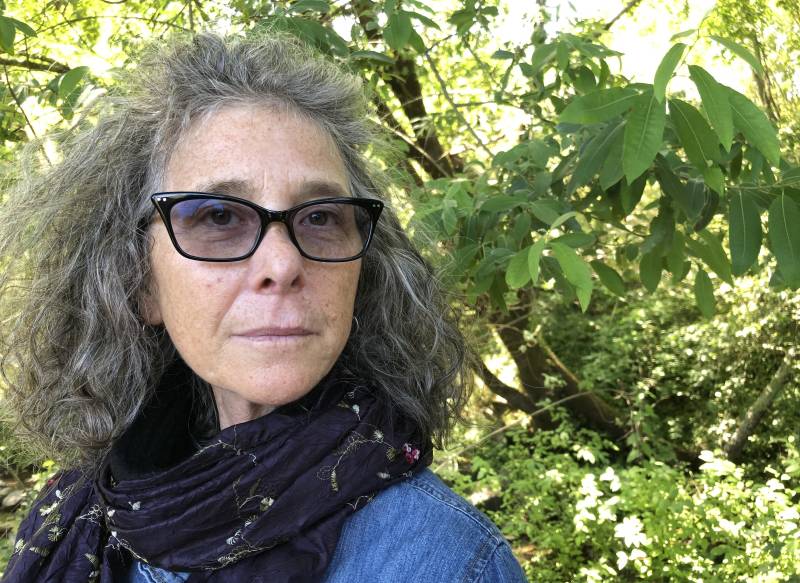We’ve all been bystanders. But how many of us have intervened? Margo Perin ponders why.
Tutoring a child in a café on a typically foggy day in San Francisco, I turned to face the street when the girl’s mother indicated that a fight was taking place. A group of young teenagers in the crosswalk, probably no more than 15 years old, was watching a boy stomp on the head of another boy lying in a fetal position on the pavement. It went on for a few minutes until a passing driver honked a horn to stop the teenagers blocking the road, sending them scattering down the hill.
Only one stayed behind, a girl, who stood by with an uncertain look on her face, as if she didn’t know whether she should follow the group or be with the boy. The boy slowly got to his feet and took a few steps, looking dazed. Then, regaining himself, he listed down the street in the opposite direction with the girl by his side.
Not one onlooker tried to stop the fight, not the group of teenagers, pedestrians, café sitters, the mother, the girl, or me.
I could say I’d been too frightened of being hurt to intervene, or that because I was working with a student whose mother was paying me, my student should be my focus. Or because…
